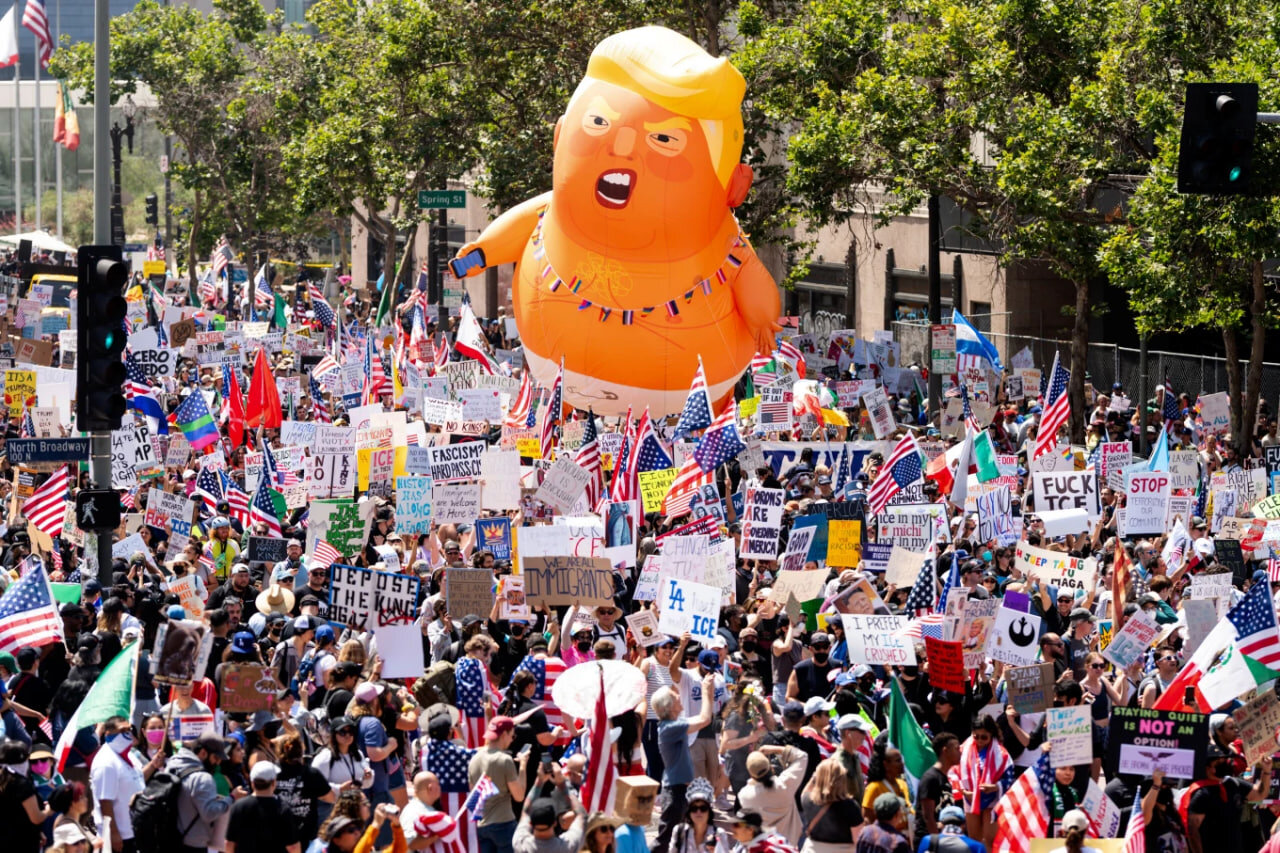
Similar Posts
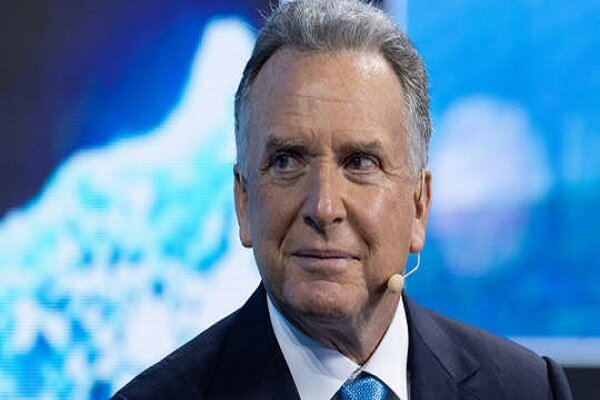
US Eases Stance on Iranian Uranium Enrichment: Key Developments Uncovered
US special envoy Steve Witkoff has indicated a potential shift in the Trump administration’s stance on Iran’s nuclear program, suggesting that Iran could be permitted to enrich uranium at low levels under strict verification measures. This marks a departure from previous demands for complete dismantling of Iran’s nuclear capabilities. The upcoming talks aim to establish a framework for Iran’s nuclear activities while addressing international compliance concerns. However, this approach may strain US-Israel relations, as Israel opposes any nuclear enrichment by Iran. The negotiations could reshape regional stability and influence international relations regarding nuclear proliferation.
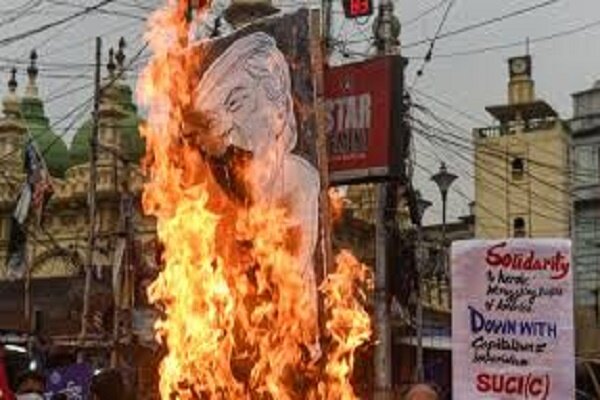
Fiery Protests Erupt in India as Demonstrators Torch Donald Trump Effigy!
Recently, 104 Indian nationals were deported to India on a military C-17 aircraft, reporting harsh treatment, including being shackled throughout their journey. This contrasts sharply with previous deportations, where basic needs were met. Families of deportees, like Khusboo Patel, have voiced their distress, while her brother highlighted the inhumane conditions. Indian lawmakers are protesting, with some burning an effigy of President Trump in outrage. Reports confirm the deportees’ claims, prompting calls for Prime Minister Modi to address these issues with Trump. The incident underscores the need for humane immigration practices amidst rising concerns globally about treatment during deportations.
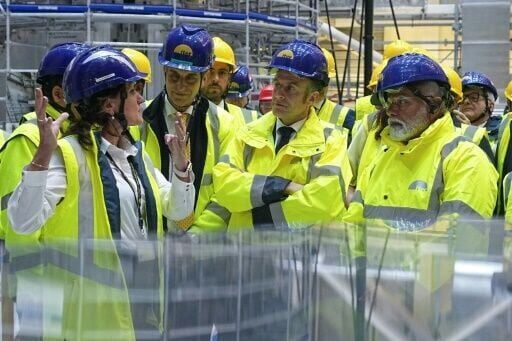
France and India Forge Geopolitical Alliance: Exciting Cooperation on Modular Nuclear Reactors!
French President Emmanuel Macron and Indian Prime Minister Narendra Modi recently visited southern France to strengthen bilateral ties, positioning their partnership as an alternative to global power rivalries. Their packed schedule included honoring Indian soldiers at a military cemetery, inaugurating India’s consulate general in Marseille, and discussing the India-Middle East-Europe Economic Corridor (IMEC), which aims to connect India to Europe. They also signed a declaration on advanced nuclear reactors and explored defense deals, including Rafale jets for the Indian Navy. This visit underscores a commitment to economic collaboration and strategic independence as Modi heads to meet U.S. President Trump.
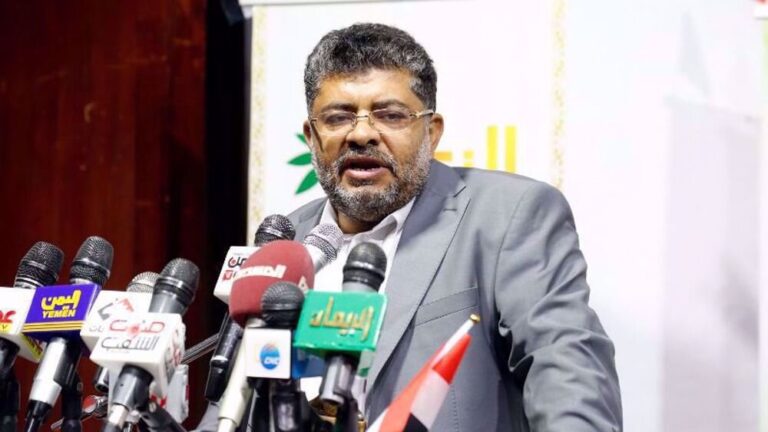
US Designation of Yemen’s Ansarullah as Terrorists: What It Means and Why It Matters
The Ansarullah movement has reacted strongly to the U.S. classifying it as a “terrorist organization,” asserting that it prioritizes humanitarian aid to Gaza despite this designation. Mohammed Ali al-Houthi criticized the U.S. decision as illegitimate, emphasizing Yemen’s commitment to supporting Palestine amid ongoing humanitarian crises. In response, U.S. Secretary of State Marco Rubio reaffirmed the designation while the U.S. Treasury imposed sanctions on seven Ansarullah leaders for alleged arms smuggling. The situation reflects the complex geopolitical dynamics in the Middle East, with Yemen’s military operations against Israeli targets highlighting the urgent humanitarian needs in Gaza.
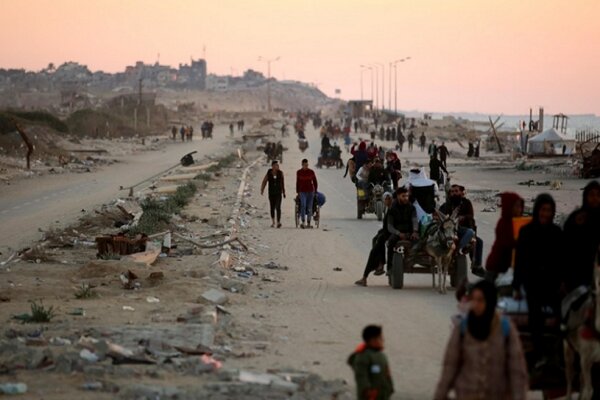
Saudi Arabia Dismisses Netanyahu’s Controversial Gaza Displacement Comments
Israeli Prime Minister Netanyahu’s recent comments on displacing Palestinians have provoked widespread outrage in the Arab world, particularly from Saudi Arabia, which condemned his remarks as an attempt to distract from Israel’s ongoing violence in Gaza. The Saudi foreign ministry emphasized the historical ties Palestinians have to their land and criticized what it termed an “extremist occupying mindset.” They affirmed Palestinian sovereignty and rights, asserting that these cannot be taken away. The ministry called for the recognition of Palestinian statehood and reaffirmed the necessity of a two-state solution for achieving lasting peace, urging dialogue and mutual recognition.
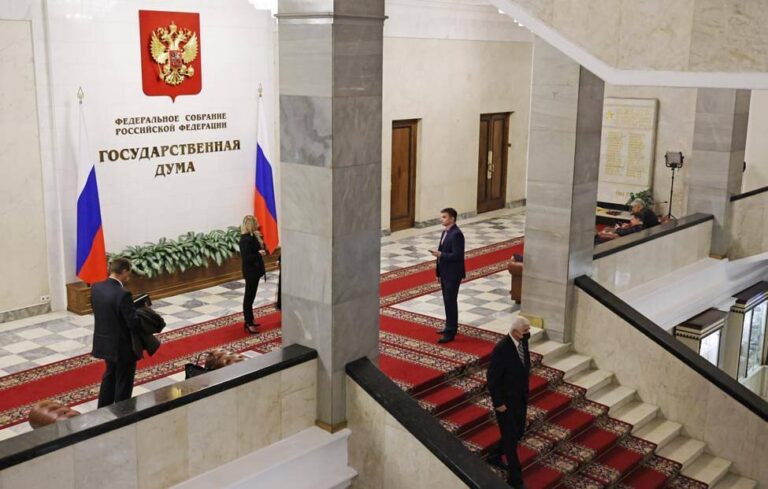
Russia’s State Duma Approves Historic Treaty to Strengthen Strategic Partnership
Russian President Vladimir Putin has submitted a pivotal treaty to the State Duma, solidifying the growing partnership with Iran. Signed during Iranian President Masoud Pezeshkian’s visit to Moscow, the treaty establishes a comprehensive legal framework for collaboration across multiple sectors, including defense, counter-terrorism, energy, finance, and culture. State Duma Chairman Vyacheslav Volodin emphasized its role in strengthening bilateral ties and interparliamentary relations. This treaty not only formalizes existing connections but also signals a shift in regional power dynamics, with potential implications for international politics as both nations seek to assert their influence and cooperation amidst changing geopolitical landscapes.